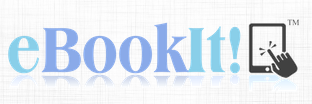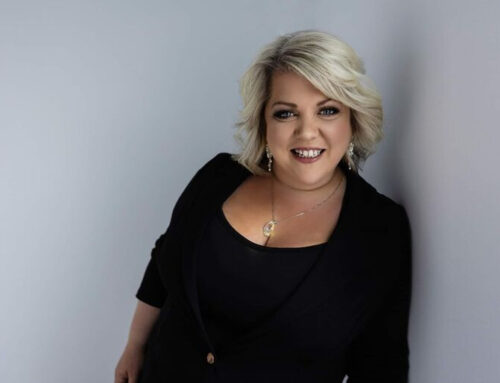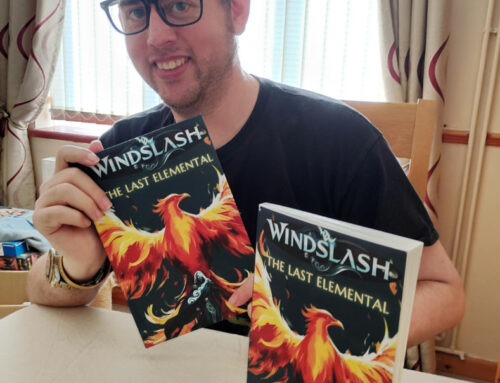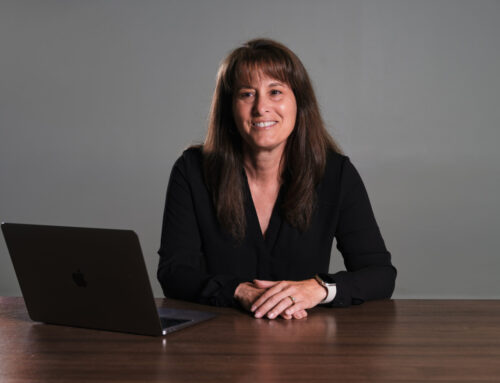 eBookit is one of the best new conversion services – and their site just had a major redesign, suggesting that the service is growing quickly along with the ebook market. I haven’t worked with eBookIt for any of my own books, but I walked my dad through the process and it was easy – and fast. It’s $149 to convert, which distributes to most of the same retailers as Smashwords (without having to deal with the meatgrinder).
eBookit is one of the best new conversion services – and their site just had a major redesign, suggesting that the service is growing quickly along with the ebook market. I haven’t worked with eBookIt for any of my own books, but I walked my dad through the process and it was easy – and fast. It’s $149 to convert, which distributes to most of the same retailers as Smashwords (without having to deal with the meatgrinder).
Self-Publishing Review: So what’s Ebookit – when did it begin and how have things been going since you started up?
Bo Bennett: eBookIt.com is a service for authors and publishers to convert their book(s) to popular ebook formats, and distribute their book(s) using the world’s leading ebook retailers. We started this business back in October of 2010, with a public launch on January 1, 2011. In just under 10 full months of business we 25 formatters who have manually converted over 1300 books, and have published/distributed over 800 titles in thousands of ebook stores on the Internet, including all the major players such as Amazon, Apple, Barnes and Noble, and many more.
SPR: What are the biggest problems you see when authors try to convert a book themselves?
BB: Well, I was one of those authors who tried to convert a book myself. I spent over 25 hours on trying to make it look right in just one format, then I realized that I had a few other formats to go! The biggest problem most authors have is that they are under the impression some magic software exists that does the conversion for them. This is like thinking scanning in a paper brochure will automatically produce an interactive website site with properly formatted text, images and menus. It just doesn’t work that way.
SPR: Do you ever repair an author’s messed-up attempt at a conversion, or is it easier to just do it from scratch?
BB: It depends how the file is presented to us. For example, if the author has a fairly simple document that they managed to get in ePub format — but it is not passing the industry epub check, we can usually make the needed edits to make the file work, and save the author money. But most times, it is much easier for us just to simply work from the source file.
SPR: I see after your redesign that you have more of an emphasis on marketing, in addition to conversion. What sorts of marketing services do you offer?
BB: It is more promotion than marketing. Right now we offer press release and MediaBlast services, but we are working on expanding and revising that offering. These are services continually desired by authors, so we are working on more services that produce impressive results.
SPR: The emphasis of your front page is not as much on your bookstore, as it is with a place like Smashwords. That’s understandable, as Smashwords is a DIY publishing platform, and Ebookit is a conversion service, but do you see the service becoming a publisher as much as a converter?
BB: We do act as the publisher for authors for whom we provide the ISBN. But book sales is not our focus, as there are literally tens of thousands of bookstores on the Internet that offer a huge variety of books using the Ingram Digital database. We have many plans for the future, but competing with Amazon and Apple is certainly NOT one of them!
SPR: My dad’s novel (The Memory Gene) was formatted by you guys without right-aligned margins. I’ve heard arguments for and against this practice. What’s your take?
BB: It is certainly not common, but also not objectively wrong in any way. When we format we respect the original formatting by the author as much as possible, as long as it does not cause errors or result in conversion problems. Much of formatting is preference.
SPR: What sort of advanced conversion do you do – like formatting for the new Kindle Fire specs. Do you think you’ll ever get into eBook app design?
BB: We are getting into more and advanced formatting, but the industry is relatively young in this respect. Likewise, much of the multimedia content is more like applications and less like books. It kind of reminds me of video email that tried to take off back in the late 90’s, but failed miserably because creating text based emails was just so much easier. I do not foresee the average self-published author spending thousands of dollars creating a complex application-type book. It is a high-investment, high-risk venture. But that could change with technology and time.
SPR: What do you see as the future of the eBook?
BB: Monochrome ereaders will soon be history. Frankly, I am surprised they lasted this long. Within a year or two, buying an ereader that is anything other than a full-color touchscreen device, will be just as difficult as buying a CRT computer monitor (the kind of monitor with the big box behind the screen, kids). And again, I do not see a large portion of ebooks with custom video, audio content and interaction beyond hyperlinks. The evolution of the ebook will be limited by the ease of creating the content.
Get an Editorial Review | Get Amazon Sales & Reviews | Get Edited | Get Beta Readers | Enter the SPR Book Awards | Other Marketing Services






















Leave A Comment